Cleaning Dirty Walls
Welcome to the comprehensive guide for Indiana homeowners seeking to keep their painted surfaces in top condition.
In Indiana, where the weather swings from humid summers to frosty winters, maintaining your home's paint is not just about cleanliness but also about preservation. This guide is tailored to help you navigate cleaning and retaining your painted walls, ensuring they remain as vibrant and protective as when they were first painted.
Understanding Your Paint Finish
The journey to effectively maintaining your painted surfaces begins with understanding the paint finish type on your walls.
Matte and flat finishes are known for their non-reflective and elegant appearance but are more susceptible to damage and staining. These finishes require a gentle, non-abrasive approach during cleaning to avoid leaving marks or losing their texture.
Eggshell and satin finishes balance matte and gloss, offering a slight sheen and better durability against cleaning. These finishes can withstand gentle scrubbing, making them more forgiving during cleaning.
Semi-gloss and gloss finishes are highly durable and moisture-resistant, making them ideal for kitchens and bathrooms. Their slick surface allows for easier stain removal and can handle more vigorous cleaning methods.
Choosing the Right Cleaning Solutions
Homemade solutions, like a mild detergent mixed with water, are often sufficient for most painted surfaces.
For a more natural approach, diluted white vinegar is an effective, eco-friendly alternative. It's gentle on the paint and can help remove light stains and fingerprints without harsh chemicals.
Numerous commercial cleaners specifically designed for painted walls are available for those who prefer ready-made solutions. These products are formulated to clean without damaging the paint. However, it's crucial always to do a spot test in an inconspicuous area to ensure that the cleaner does not adversely affect the paint.
Step-by-Step Guide to Cleaning Walls
To ensure your walls are cleaned thoroughly and without damage, it’s vital to follow a clear and detailed process. Here's a more elaborate step-by-step guide:
Pre-Cleaning with Dusting: Start gently dusting the walls using a soft cloth or duster. This initial step is crucial to remove any loose dust and cobwebs, which helps prevent the dirt from smearing when you start the wet cleaning.
Washing Top-Down with a Sponge: After dusting, prepare to wash the walls. Use a soft sponge dipped in your chosen cleaning solution. Begin at the top of the wall and gently scrub in a circular motion. This top-down approach effectively prevents streaks and drips from marring the lower sections of the wall.
Regular Sponge Rinsing: It's important to rinse the sponge frequently in clean water. This prevents the dirt removed from the wall from being re-applied, ensuring a thorough and effective cleaning.
Post-Washing Rinse for Residue Removal: The next step is to rinse off any residual cleaning solution once the entire wall has been washed. Use a clean, damp cloth for this purpose, gently wiping over the wall to ensure all cleaner is removed.
Drying the Walls to Prevent Marks: The final step is to dry the walls. Use a soft, absorbent towel to pat down the walls gently. This removes any remaining moisture and helps prevent water marks and streaks from forming on the surface.
Addressing Stains and Marks
A solution of mild soap and water is typically effective for everyday stains such as fingerprints, smudges, and minor scuffs.
For tougher stains, such as crayons, ink, or food splatters, a paste made from baking soda and water can be applied gently with a sponge. This mild abrasive can help lift the stain without damaging the paint.
In dealing with textured walls or wallpaper, use a soft-bristled brush to gently clean the crevices and textured areas, taking care not to scrub too hard to avoid damage.
Tools and Equipment for Effective Cleaning
The right tools are essential for efficient and safe cleaning.
Soft cloths and non-abrasive sponges are ideal for cleaning painted surfaces without scratching or stripping the paint.
For high walls and ceilings, an extension pole with a sponge or cloth attachment can make the job easier and safer, eliminating ladders.
Protective gloves are recommended when using stronger cleaning agents or dealing with tougher stains to protect your skin from irritation.
Cleaning Frequency and Preventive Measures
To keep your painted surfaces pristine, it’s important to establish a routine for cleaning and take preventive measures. Here's a breakdown of what you can do:
Regular Light Cleaning: Dust and spot clean your walls every few months to maintain their freshness and prevent grime buildup.
Annual Thorough Washing: Plan for a more in-depth washing at least once a year, particularly in high-traffic areas or rooms exposed to cooking vapors or smoke.
Preventive measures are equally crucial in maintaining the longevity and appearance of your walls:
Frequent Dusting and Vacuuming: Regularly dust and vacuum your home to reduce the amount of dirt reaching the walls.
Durable Paint in High-Use Areas: In areas like hallways or children's rooms, use a more durable paint finish for better resistance to wear and easier cleaning.
Minimize Wall Contact: Encourage family members to avoid touching the walls unnecessarily.
Prompt Spill and Stain Management: Quickly address any spills and stains to prevent them from setting in.
Need Professional Help?
By following the steps and tips outlined in this guide, you are well on your way to preserving your home's aesthetic charm and ensuring that your painted surfaces remain as lively and welcoming as ever.
However, we understand that sometimes, despite your best efforts, you might need a professional touch to bring back the true essence of your home's painted walls. Whether for a fresh coat of paint, on the inside or out, or addressing those stubborn stains, our team is here to help.
Contact us today for a free quote! (574) 596-3072









